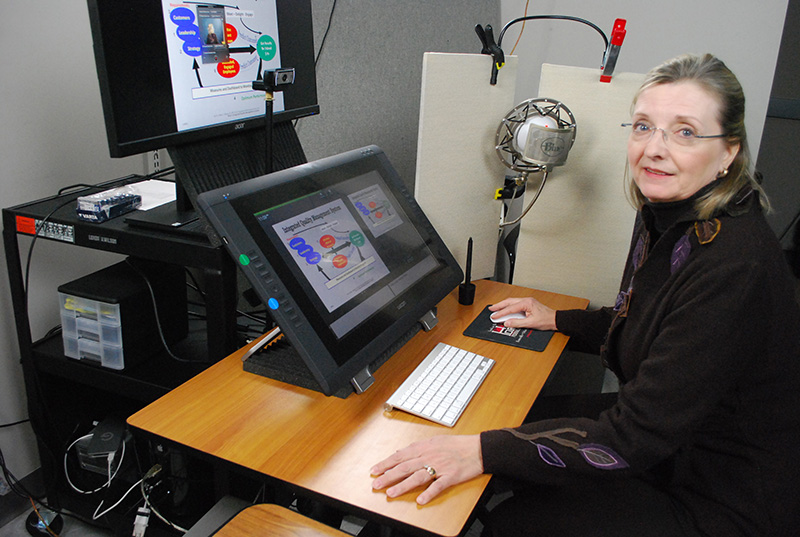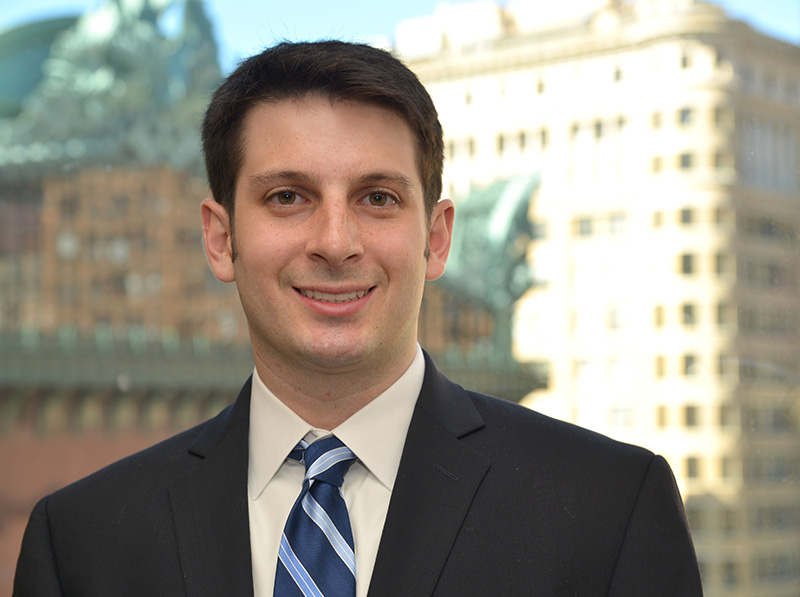DePaul University's Master of Science in Taxation (MST)
degree program is one of the first graduate tax programs in the country and also
one of the best. For the second year in a row, employers in TaxTalent’s 2018 Top in Tax
Educational Survey ranked DePaul’s MST program No. 3 in the nation.
“What makes the
MST unique is that it is very focused on tax,” says Diane Kuhlmann, assistant
director of DePaul’s MST program. “It is taught by people who are working in
the field and are bringing their real-world experience into the classroom. It
is theoretical, but at the same time very practical.”
 Diane Kuhlmann, assistant director of DePaul's Master of Science in Taxation (MST) program.
Diane Kuhlmann, assistant director of DePaul's Master of Science in Taxation (MST) program.The MST is
specifically structured for working professionals to enhance understanding and
analysis of complex tax statutes, tax regulations, related cases and rulings,
and the Internal Revenue Code. Kuhlmann says that there are three categories of
professionals who make ideal students in the MST program.
The first group is
currently employed tax professionals. The MST curriculum can accelerate their
development of tax expertise. The second group consists of professionals
working in accounting or business who want to transition into tax. The third
group represents students who plan to enter the field of taxation and who need
additional credits to sit for the CPA exam. The common denominator for all
three groups is that they plan to have careers in taxation.
Ben Ulman (MST
’17) fits in Kuhlmann’s second category—professionals who want to transition
into tax. While working for EY, he heard from colleagues about the MST program
at DePaul and was immediately interested in advancing in his career through higher
education. At EY, he had transitioned into the real estate tax area and felt it
was a good time to learn more about tax.
“I work in a
niche area, so taxation will give me a new skill to help me in my career
options,” Ulman says. “The program has given me a pretty wide tax skillset,” he
continues. “Tax is ever-changing and the program taught me what is current with
laws and regulations. The best part of the program for me was the professors’
knowledge of taxation and the network you build from class. DePaul is a great
place to continue your education.”
The flexible
pace of the program allows students to tailor their school schedule to meet
their needs. Full-time students can complete the program in one year, while
working professionals can finish it within two to three years. In addition,
students have the flexibility to take a quarter off during busy seasons such as
the winter tax season.
 Ben Ulman (MST '17)
Ben Ulman (MST '17)The program
also offers flexibility in delivery. Students can complete the program in a
traditional classroom setting, partially online or fully online—a valuable
benefit for students seeking a flexible schedule or for those who do not live
in the area.
“There are very
few programs that do what we do,” says Kuhlmann. “With our unparalleled faculty
expertise and our extensive Chicago network, the fact that we have been doing
this for a very long time while remaining in the top 10 tax programs every year
says a lot.”
DePaul’s accounting degrees
were also recognized for their excellence in TaxTalent’s survey. The Master
of Accountancy (MSA) ranked at No. 11 while DePaul's undergraduate
accountancy program placed No. 12 nationally.
Learn more about:
MS in Taxation
Master in Accountancy
Undergraduate accountancy major